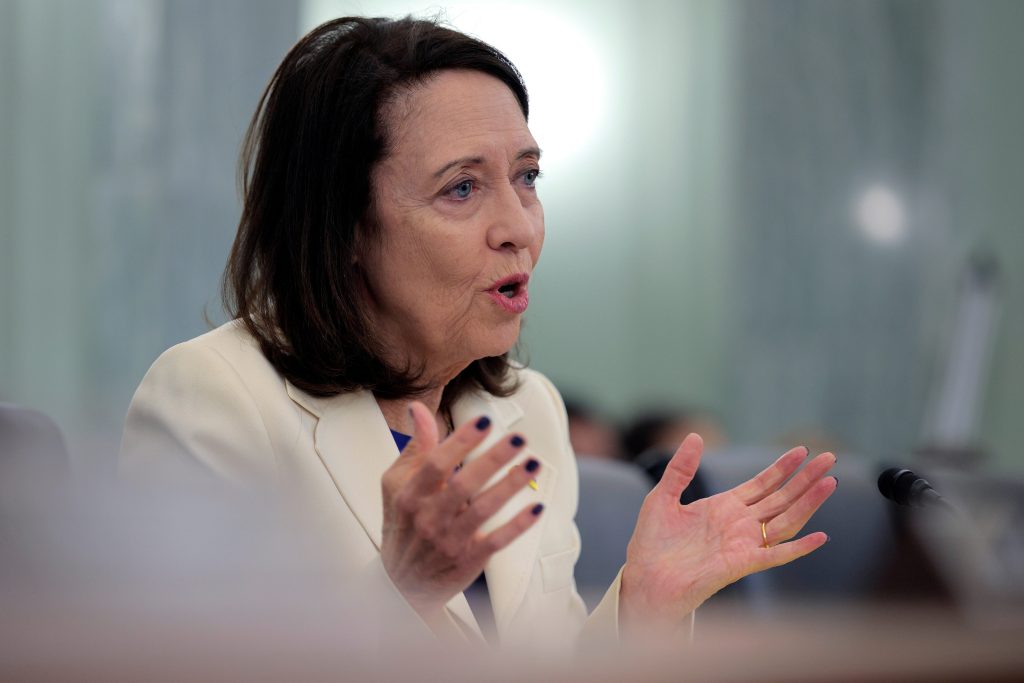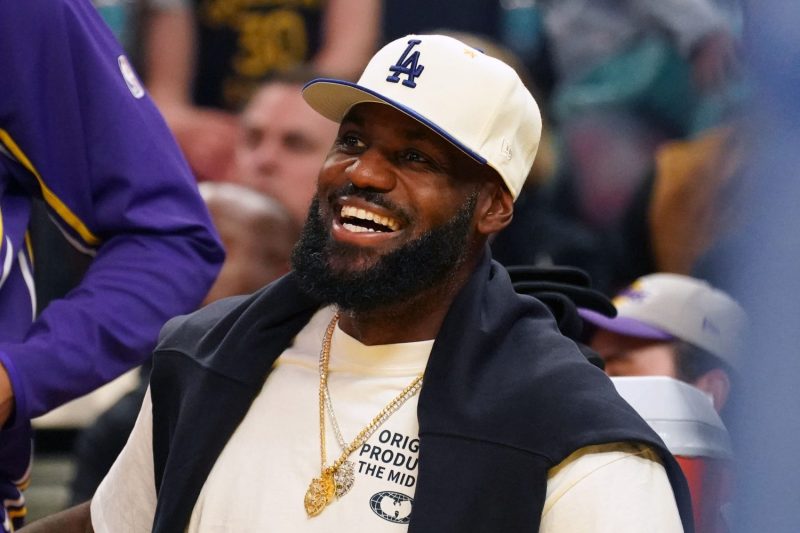With college sports being big business, senator questions tax-exempt status

- A U.S. senator is questioning the tax-exempt status of the NCAA and its member schools.
- The inquiry follows schools potentially being on the hook for $200 million in contract buyouts for fired college football coaches this season.
- The letter to the Joint Committee on Taxation also raises concerns about rising coach salaries and market dynamics.
A U.S. senator is asking questions about all the money being spent on fired college coaches and wants to know what would happen if NCAA conferences and schools no longer were allowed to operate as tax-exempt organizations.
Sen. Maria Cantwell (D-Wash.) brought up these subjects in a letter Monday to the chief of staff for the U.S. Congress Joint Committee on Taxation. The letter signals that this year’s wild spending commitments for the contract buyouts of fired football coaches has gotten the attention of Congress and could lead to new legislative proposals to crack down on it.
“Given the evolving market dynamics of college sports, coupled with changes in the legal framework affecting college athletes, legitimate questions have been raised about whether it is time to rethink the tax-exempt regime under which college sports currently operates,” Cantwell wrote in the letter.
The letter asks for information from the Joint Committee that could help her develop legislative proposals.
“Are there other measures Congress could consider with respect to addressing excessive compensation for coaches?” Cantwell asked in the letter. “Are there measures Congress could consider to address excessive compensation paid to coaches or other athletic department personnel who are fired (i.e. buy outs)?”
Schools that have fired football coaches this season potentially owed nearly $200 million in contract buyouts to those coaches. Meanwhile, spending on coaches’ compensation keeps going up with 10 head football coaches making $10 million annually this season, up from only two making at least $8 million in 2019.
An excise tax aimed at excessive compensation hasn’t been effective in that regard after being passed as part of a new tax law in 2017.
Cantwell asked the committee for an analysis that addresses “the implications of no longer allowing the NCAA, member institutions, and their affiliated athletic conferences to operate as tax-exempt organizations.”
Cantwell is a senior member of the Senate Finance Committee and is the ranking member of the Committee on Commerce, Science, and Transportation. She’s waded into college sports issues before, including in October, when she wrote a letter to the presidents and chancellors of the Big Ten Conference. In that letter, she warned them of the dangers of selling a part of their assets in exchange for a a big private capital investment.
In her new letter, she noted how NCAA schools benefit from their tax-exempt status as educational institutions while college sports have become ‘a multi-billion dollar industry whose growth and potential growth have attracted the attention of private equity and venture capital investors.’
‘It is important that the Congress be proactive in determining the tax rules that should apply as stakeholders adapt to these changing market dynamics, especially given that so much of this activity currently is tax advantaged,’ the letter stated.
Follow reporter Brent Schrotenboer @Schrotenboer. Email: bschrotenb@usatoday.com







